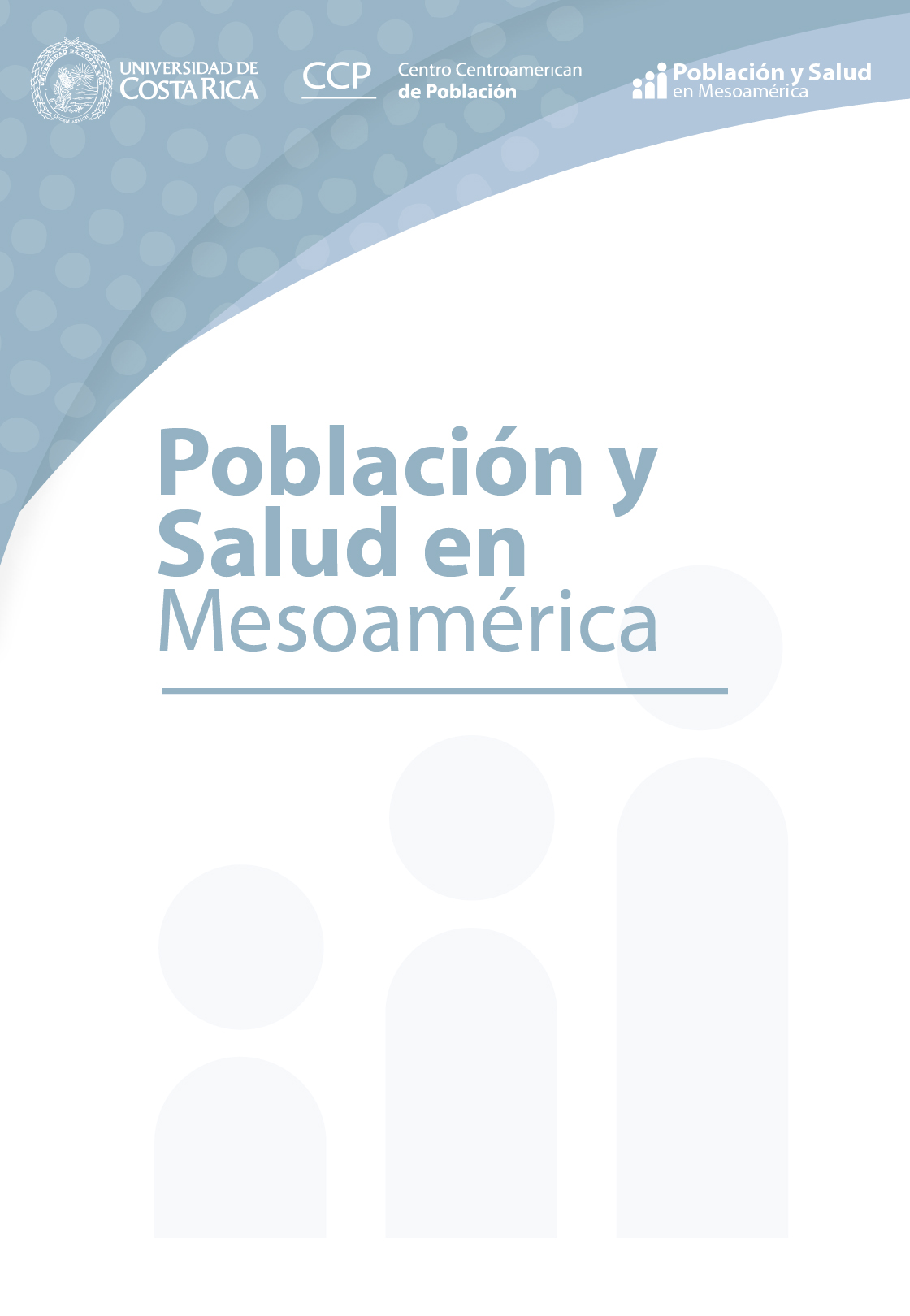Abstract
The objective was to analyze the relationship between the teaching-learning process and the mental health of higher education students in Ceará State, Brazil, during social isolation caused by the Covid-19 pandemic. An exploratory, descriptive, and cross-sectional study was conducted with 3,691 university students in 2020. The variables concerned with the continuity of the course in person, internet access conditions, and satisfaction regarding participation in pedagogical activities during isolation were analyzed. There were positive (r>0) and statistically significant (p<0.001) relationships between the MHI-38 Global Scale, the Positive well-being and Distress dimensions, the primary dimensions, and better internet access conditions and satisfaction with the pedagogical activities of the institution. On the other hand, negative (r<0) and statistically significant (p<0.001) relationships were found between the assessed dimensions and the concern with continuing the course in person. The primary dimensions tended to increase with increasing satisfaction with pedagogical activities and internet access conditions. On the other hand, the primary dimensions decreased with the increase in the concern with the continuity of the in-person course. The results suggest that the change in the teaching-learning model significantly impacted the students' mental health and that better conditions of access to activities tend to optimize the picture, while the intense scenario of concern makes the psychic illness more expressive. Therefore, it is up to the institutions to create and strengthen mental health policies for students.
References
Barros, A. S. V. (2015). Expansão da educação superior no Brasil, limites e possiblidades. Educação e sociedade, 36(131). https://doi.org/10.1590/ES0101-7330201596208
Costa, B. R. L. (2018). Bola de Neve Virtual: O Uso das Redes Sociais Virtuais no Processo de Coleta de Dados de uma Pesquisa Científica. Revista Interdisciplinar de Gestão Social, 7(1). https://periodicos.ufba.br/index.php/rigs/article/view/24649
Deslandes, S. F. y Coutinho, T. (2022). O uso intensivo da internet por crianças e adolescentes no contexto da COVID-19 e os riscos para violências autoinflingidas. Ciência & Saúde Coletiva, 25(1). https://doi.org/10.1590/1413-81232020256.1.11472020
Figueiredo Filho, D. B. y Silva Junior, J. A. (2009). Desvendando os mistérios do coeficiente de correlação de Pearson (r). Revista Política Hoje, 18(1). https://periodicos.ufpe.br/revistas/politicahoje/article/view/3852
Gundim, V. A., Encarnação, J. P. da, Santos, F. C., Santos, J. E. dos, Vasconcellos, E. A., & Souza, R. C. de. (2020). Saúde mental de estudantes universitários durante a pandemia de covid-19. Revista Baiana de Enfermagem, 35. https://doi.org/10.18471/rbe.v35.37293
Instituto Brasileiro de Geografia e Estatística. (2018). Pesquisa Nacional por Amostra de Domicílios Contínua TIC - Tecnologia da Informação e Comunicação. Rio de Janeiro: IBGE, 2018.
Leal, K. C., Oliveira, P. D. S., Rodrigues, P. R. G. y Fogaça, F. F. S. (2019). Desafios enfrentados na universidade pública e a saúde mental dos estudantes. Revista Humanidades e Inovação, 6(8), 59-69.
Melo, B. D., Pereira, D. R., Serpeloni, F., Kabad, J. F., Kadri, M., Souza, M. S. y Rabelo, I. V. M. (2020). Saúde mental e atenção psicossocial na pandemia COVID-19: recomendações gerais. Fiocruz.
Ministério da Saúde. (2020). “Resolução de nº 36, de 11 de maio de 2020”. Diário Oficial da União.
Moreira, J. A., Henriques, S. y Barros, D. (2020). Transitando de um ensino remoto emergencial para uma educação digital em rede, em tempos de pandemia. Dialogia, 34, 351-364.
Oliveira, E. N. (2020). Mental Health during the new Coronavirus Pandemic: some necessary reflections. Research, Society and Development, 9(8), e413985478. https://doi.org/10.33448/rsd-v9i8.5478
Organização Pan-Americana da Saúde. (2022). Folha informativa sobre COVID-19. OPAS. https://www.paho.org/bra/index.php?option=com_content&view=article&id=6101:covid19&I
Presidência da República. (06 de fevereiro de 2020). Lei n° 13.979. Diário Oficial da União.
Reis, J. S. y Leal, D. A. (2021). A importância da democratização digital e seus reflexos na educação mediante a pandemia do COVID-19. Brazilian Journal of Development, 7(1), 10371-10380. https://doi.org/10.34117/bjdv7n1-704
Ribeiro, J. L. P. (2011). Inventário de saúde mental. Placebo.
Wang, C., Pan, R., Wan, X., Tan, Y., Xu, L., Ho, C. S., & Ho, R. C. (2020). Immediate Psychological Responses and Associated Factors during the Initial Stage of the 2019 Coronavirus Disease (COVID-19) Epidemic among the General Population in China. International Journal of Environmental Research and Public Health, 17(5), 1729. https://doi.org/10.3390/ijerph17051729
Wang, X., Hegde, S., Son, C., Keller, B., Smith, A. y Sasangohar, F. (2020). Investigating Mental Health of US College Students During the COVID-19 Pandemic: Cross-Sectional Survey Study. Journal of Medical Internet Research, 22(9), e22817. https://doi.org/10.2196/22817
##plugins.facebook.comentarios##

This work is licensed under a Creative Commons Attribution-NonCommercial-ShareAlike 4.0 International License.
Copyright (c) 2023 Eliany Nazaré Oliveira, Emília Nascimento Silva, Leticia Mara Cavalcante Lima, Isabelly Oliveira Ferreira, Caio San Rodrigues, Gleisson Ferreira Lima , Ravena Silva do Nascimento, Lídia Cristina Monteiro da Silva, Francisco Rosemiro Guimarães Ximenes Neto



